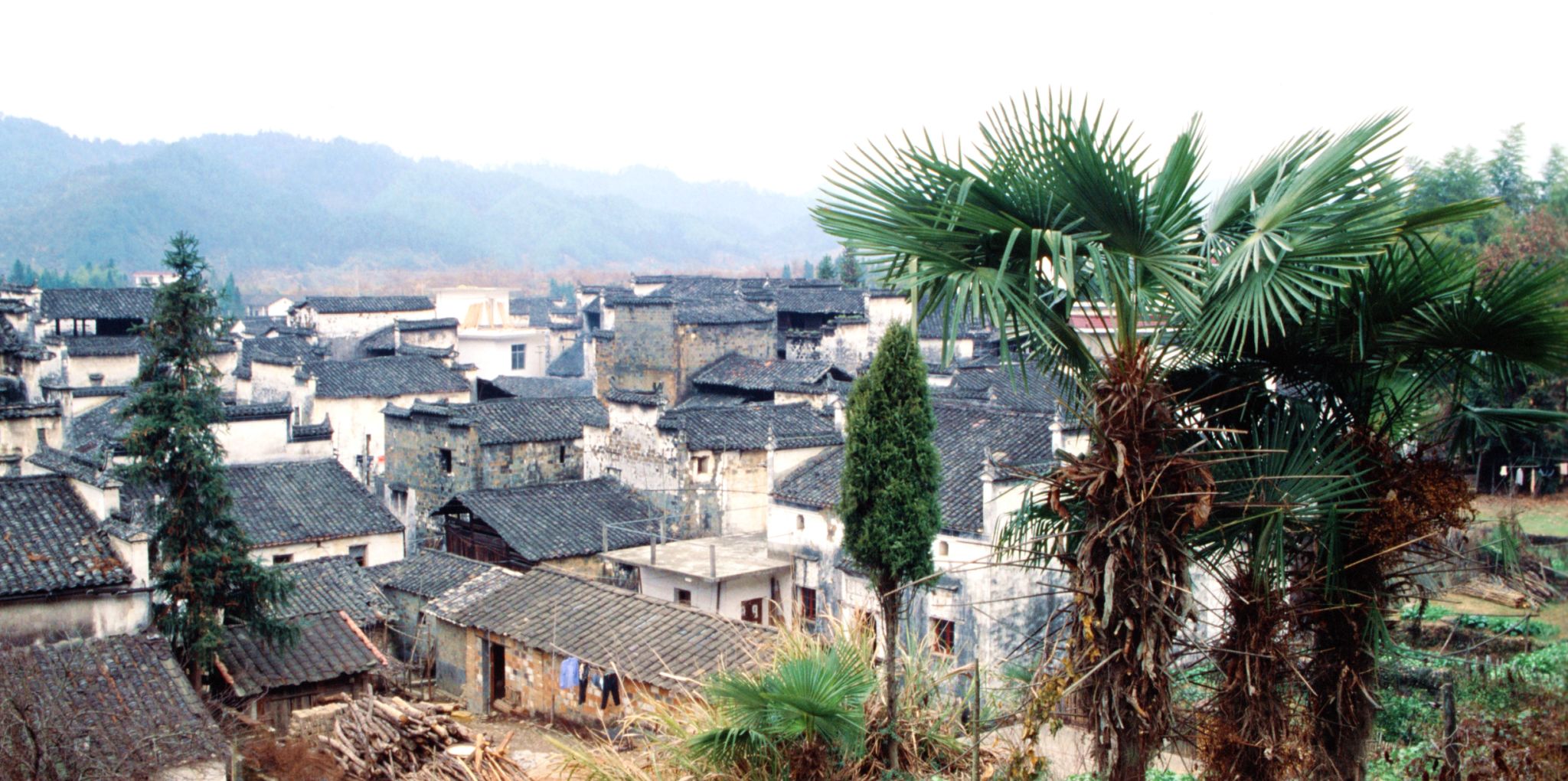A Guide to Organizing Cultural Events in Tuaefu-Ululoloa-Village
Understanding the Cultural Landscape
Organizing a cultural event in Tuaefu-Ululoloa-Village requires a deep understanding of the local traditions and customs. The village, known for its rich heritage and vibrant community spirit, offers a unique backdrop for any cultural gathering. Whether you are planning a festival, a traditional ceremony, or a community workshop, embracing the local culture is key to creating an authentic and successful event.
One of the first steps is to connect with local leaders and cultural experts who can provide insights into the historical and cultural significance of different practices. This collaboration ensures that your event is respectful and inclusive, honoring the values and beliefs of the community.

Choosing the Right Venue
Selecting an appropriate venue is crucial when planning a cultural event in Tuaefu-Ululoloa-Village. The location should not only be accessible but also resonate with the theme of your event. Consider outdoor spaces such as traditional meeting grounds or scenic areas that hold cultural significance. These venues can enhance the experience and create a deeper connection with attendees.
Indoor venues such as community halls or cultural centers might also offer facilities that support event logistics. Ensure that the venue has the necessary amenities to accommodate guests comfortably while also providing a platform for showcasing cultural performances or exhibitions.
Securing Permissions and Permits
Before finalizing your venue, it's essential to secure all necessary permissions and permits from local authorities. This step prevents any legal issues and ensures that your event complies with local regulations. Engaging with the village council early in the planning process can streamline this aspect and foster goodwill within the community.

Engaging with Local Artisans and Performers
A successful cultural event often features local artisans and performers who can showcase traditional crafts, music, dance, and storytelling. Collaborating with these individuals not only supports their talents but also enriches the event by offering attendees an immersive cultural experience.
Reach out to local artists and performers well in advance to discuss their participation. Consider organizing workshops or interactive sessions where they can share their skills and knowledge with visitors. This interaction not only promotes cultural exchange but also creates lasting memories for attendees.
Promoting Your Event
Effective promotion is crucial for attracting attendees to your cultural event in Tuaefu-Ululoloa-Village. Utilize both traditional and digital marketing strategies to reach a broader audience. Flyers, posters, and word-of-mouth remain effective in tight-knit communities, while social media platforms can help you connect with people beyond the village.

Ensuring a Smooth Event Flow
On the day of the event, ensuring a smooth flow is essential for a positive experience. Create a detailed itinerary that includes all activities, performances, and breaks. Assign roles to volunteers or staff who can assist with crowd management, information dissemination, and any unexpected issues that may arise.
Having a contingency plan for weather changes or technical difficulties can also help you manage unforeseen challenges effectively. Clear communication with your team and participants ensures that everyone is aligned with the event schedule.
Post-Event Evaluation
After the event concludes, conducting a post-event evaluation can provide valuable insights for future planning. Gather feedback from attendees, participants, and team members to understand what worked well and what could be improved. This information is instrumental in refining your approach for future cultural events in Tuaefu-Ululoloa-Village.
By following these guidelines, you can organize a memorable cultural event that celebrates the unique heritage of Tuaefu-Ululoloa-Village while fostering community spirit and engagement.
